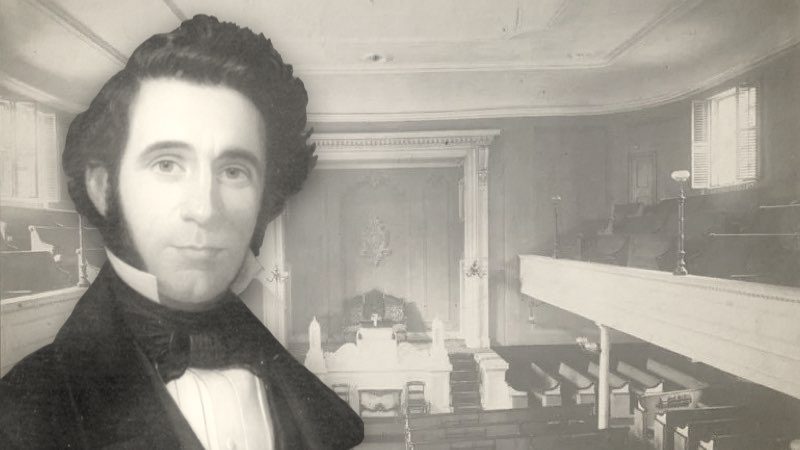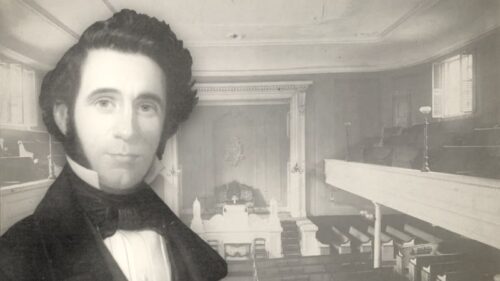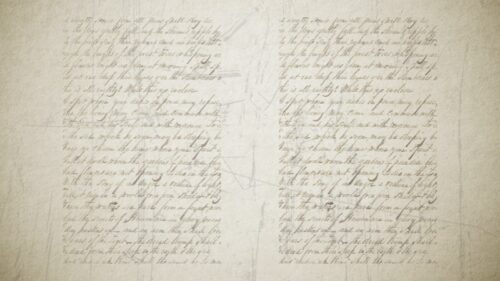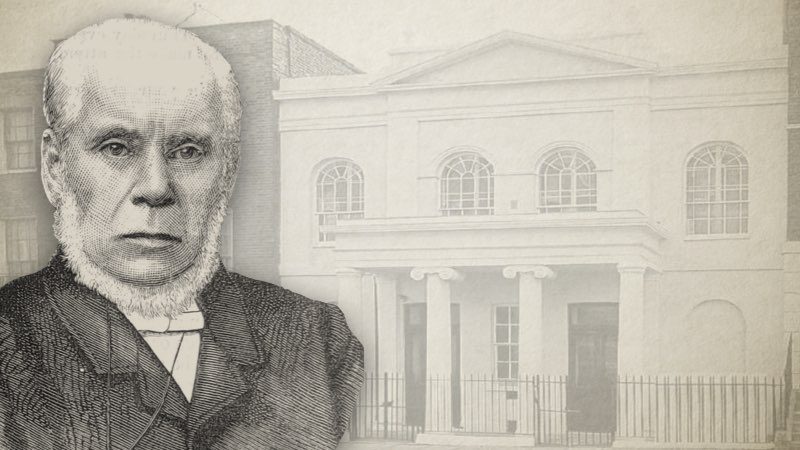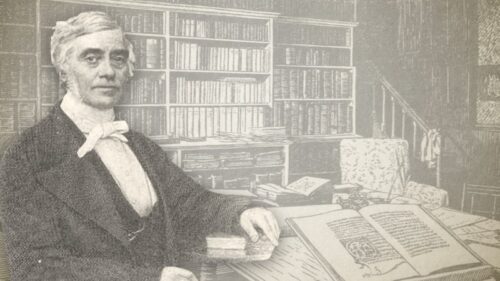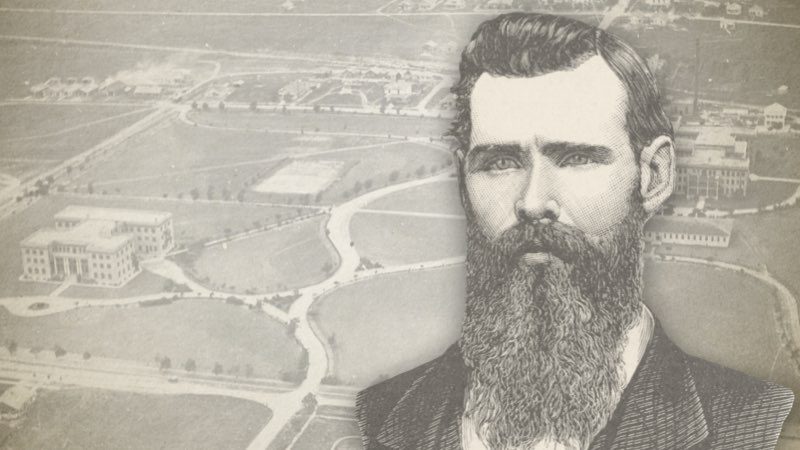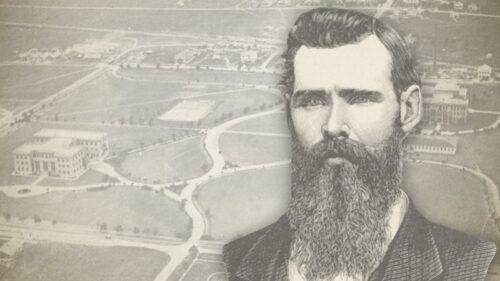-
Chapter 11—On Communion, Answering The Charge Of Schismatic Communion
On this subject I shall say but little in reply to your letter, compared to what I have said on baptism; because the very same authority required of you for infant sprinkling, is now required of you for any other communion whatever at the Lord's table, than that of persons previously baptized, on their own personal profession of repentance towards God, and of faith in our Lord Jesus Christ; namely, the New Testament word of God, in either precept or precedent, and One single text in the evident mind of the Spirit direct to the point, or from which it may be justly and honestly concluded, shall determine the point in your favor. In the name of the Lord, I will agree with and hold…
-
7 Church Discipline
Every organization which proposes to work smoothly, and yet efficiently, must have certain rules and regulations to be followed; certain laws for the individual members to obey. Failing in this—either without laws or with laws disregarded— all effort will go wide of the mark, and all endeavors, instead of succeeding and furthering each other, will counteract and interrupt each other; confusion will ensue, the wisest designs be frustrated, and the best laid plans become abortive. This is true everywhere. In the State, in the family, every association whether for business, politics, scientific, literary or art research or improvement, all must be regulated by laws adopted for the common good, to which obedience is to be rendered by the members. And the object sought to be…
-
5 Christian Ordinances
Christian ordinances are defined to be "institutions of divine authority relating to the worship of God, under the Christian Dispensation." In this general sense there are various ordinances; since preaching and hearing the word, prayer, singing, fasting, and thanksgiving may all be considered as institutions of divine authority. But in a narrower and a more distinctive sense it has been common to call Baptism and the Lord's Supper by this name, and to say they are the only Christian ordinances committed to the churches, and are for perpetual observance. These rites are also by some called sacraments the number of which the Catholic Church has increased to seven, including, with Baptism and the Eucharist, Confirmation, Penance, Extreme unction, Matrimony, and Orders. But in the sense…
-
The Articles Of Faith Of A Strict And Particular Baptist Church
Articles Of The Faith And Order Of A Primitive Or Strict And Particular Baptist Church Of The Lord Jesus Christ, Based On The Declaration Of Faith And Practice Of John Gill, D. D., 1720 Anne Askew, Martyred 1846“I am not she that list My anchor to let fall, For every fleeting mist, My hope’s substantial."Gorge Murrell, St. Neots“I may lose all my friends. Well, be it so, if it is God’s will; but I am determined to go to hevane alone, rather than walk in fellowship with any who repudiate His truth, and decline to obey His commandments.”------------------------------- Introduction: Having been enabled, through Divine grace, to give ourselves to the Lord, and likewise to one another, according to the will of God[1], we count it…
-
Introduction
John Hazelton[1] (1822-1888) was a high-calvinist and strict-communion Baptist pastor[2], whose 35 year ministry with the church meeting at Chadwell Street, London, resulted in a congregation that became one of the leading Strict Baptist (SB) churches during the first fifty years of the 20th century. Like most SB’s, Hazelton stood aloof from the ministry of Charles Spurgeon. In many respects, Spurgeon may be regarded as the father of the Reformed Baptist movement—he espoused many of the features that identify this new breed of brethren. Although many Reformed Baptists trace their lineage to the SB’s, this is an illegitimate link. As the sermons of Hazelton will illustrate, the SB’s were unsympathetic to the heretical teachings of Andrew Fuller. Indeed, the SB’s stood with the doctrines espoused…
-
The Meaning Of Ecclesia
"And I say unto thee, That thou art Peter, and upon this rock I will build my church; and the gates of hell shall not prevail against it. And I will give unto thee the keys of the kingdom of heaven; and whatsoever thou shalt bind on earth shall be bound in heaven: and whatsoever thou shalt loose on earth shall be loosed in heaven …”—Matthew 16:18-19 This passage, Matthew 16:18-19, has been for many centuries a battle-ground of theological controversies. Though millions of the disputants have passed away, the questions which arrayed them against each other still survive to align their successors in hostile array. The most important of these divisive questions are: 1. What is the church? 2. Who established it and when?…



